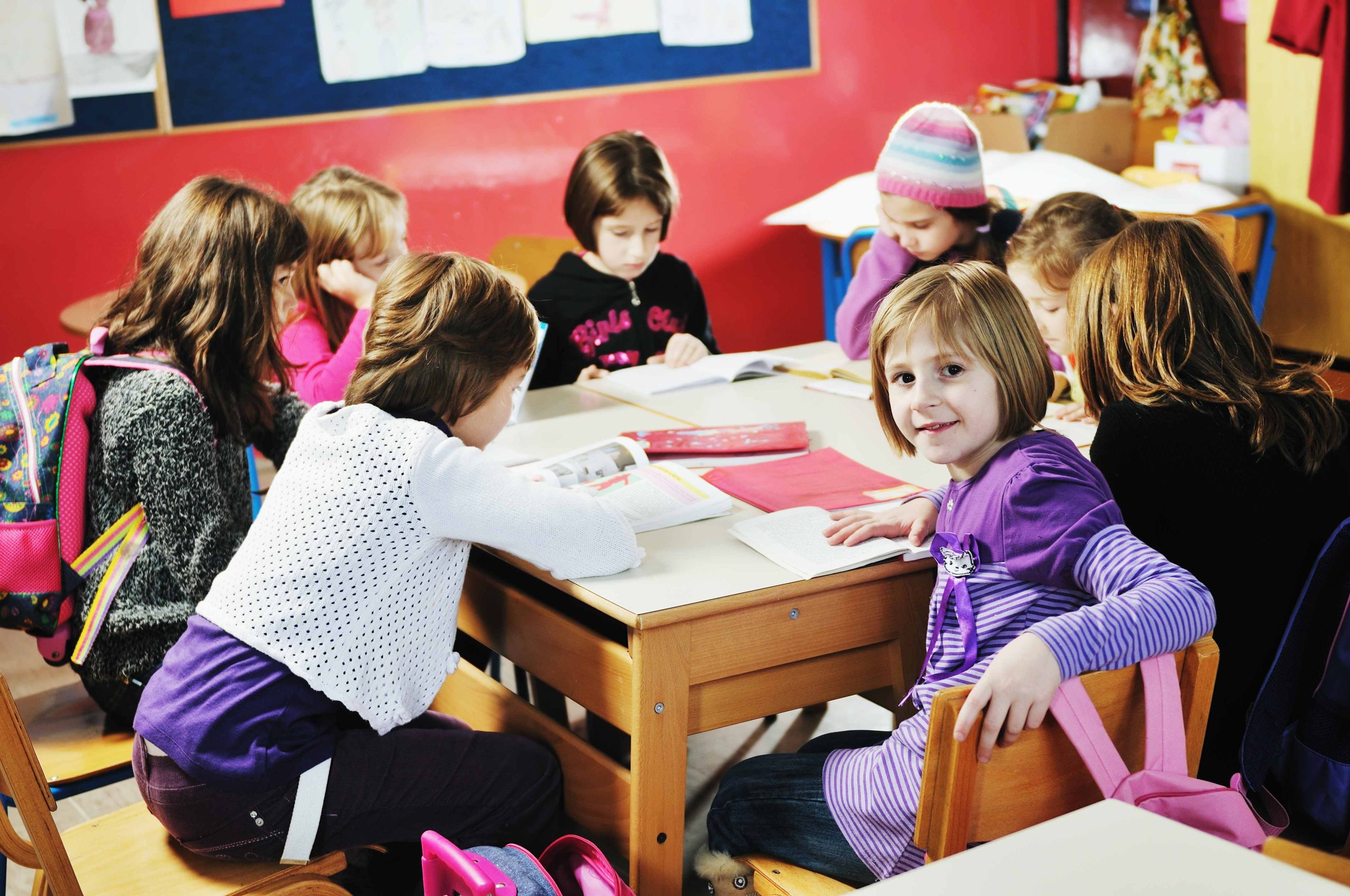
Unlocking the Secrets of Preschooler Learning Process
As parents, we all want our preschoolers to have the best possible start in life. We want them to learn, grow, and develop to their full potential. But what is the secret to unlocking their learning process? How can we help our little ones learn and grow in the best possible way? In this article, we will explore the science behind preschooler learning and provide tips for parents to support their kids’ development.
Understanding the Preschooler Brain
The preschooler brain is a fascinating and complex structure that undergoes rapid growth and development during the early years. The brain is divided into different regions, each with its own unique function. One of the most important regions for preschooler learning is the prefrontal cortex. This area of the brain is responsible for higher-order thinking, including decision-making, problem-solving, and planning.
Another critical area of the brain for preschooler learning is the hippocampus. This region plays a crucial role in memory formation and retention, helping preschoolers learn and remember new information. Other important brain regions for preschooler learning include the amygdala, which is responsible for emotional processing, and the cerebellum, which coordinates movement and balance.
Preschooler learning is also heavily influenced by the connections between different brain regions. These connections, known as neural networks, enable different brain regions to communicate with each other and work together to support learning and development. The strength of these connections is influenced by experience, with repeated experiences strengthening neural networks and improving preschooler learning outcomes.
Factors that Influence Preschooler Learning
Preschooler learning is influenced by a variety of factors, including genetics, environment, and experience. While genetics play a role in determining a preschooler’s learning potential, environment and experience are also critical factors in shaping a child’s learning outcomes.
The home environment is particularly important for preschooler learning. A nurturing, supportive, and stimulating home environment can help preschoolers develop important cognitive, social, and emotional skills. Conversely, a stressful or unstable home environment can have a negative impact on preschooler learning outcomes.
Another key factor in preschooler learning is experience. Preschoolers learn through play, exploration, and social interaction, and the quality and quantity of these experiences can have a significant impact on their learning outcomes. High-quality early education programs can provide preschoolers with a range of experiences that support their learning and development, including opportunities to play, learn, and interact with peers and adults.
Tips for Supporting Preschooler Learning
As parents, there are many ways we can support our preschoolers’ learning and development. Here are some tips to help unlock the secrets of preschooler learning:
Create a Nurturing Home Environment
A nurturing home environment is critical for preschooler learning. This means providing a safe and secure home environment, as well as plenty of opportunities for play, exploration, and social interaction. Parents can also support preschooler learning by providing a variety of toys, books, and other educational resources.
Encourage Play and Exploration
Play and exploration are key components of preschooler learning. Parents can support their child’s play and exploration by providing a variety of toys and materials, as well as opportunities to play outside and explore the world around them. Parents can also engage in play with their preschooler, providing opportunities for social interaction and language development.
Read with Your Preschooler
Reading is an excellent way to support preschooler learning. Parents can read to their preschooler daily, providing opportunities to develop language skills, increase vocabulary, and improve literacy skills. Parents can also engage their preschooler in interactive reading activities, such as asking questions about the story or discussing the illustrations.
Provide Opportunities for Social Interaction
Social interaction is critical for preschooler learning. Parents can provide opportunities for their preschooler to interact with peers and adults, whether through playdates, classes, or other activities. This can help preschoolers develop important social and emotional skills, such as empathy, communication, and problem-solving.
Limit Screen Time
While technology can offer many benefits for preschooler learning, excessive screen time can have negative effects on development. Parents should limit their preschooler’s screen time, choosing high-quality educational apps and programs and setting reasonable limits on usage.
Emphasize Process Over Product
Preschoolers are natural explorers and learners, and parents can support their development by emphasizing the process of learning over the product. This means focusing on the experience of learning and encouraging preschoolers to explore and experiment, rather than just achieving a specific outcome.
Practice Positive Reinforcement
Positive reinforcement is a powerful tool for supporting preschooler learning. Parents can praise their preschooler’s efforts and achievements, providing positive feedback and encouragement. This can help build preschooler confidence and motivation, as well as reinforcing important skills and behaviors.
Unlocking the secrets of preschooler learning can seem like a daunting task, but with the right knowledge and strategies, parents can support their child’s development in meaningful ways. By creating a nurturing home environment, encouraging play and exploration, reading with their preschooler, providing opportunities for social interaction, limiting screen time, emphasizing the process of learning, and practicing positive reinforcement, parents can help unlock the full potential of their preschooler’s learning process.
Preschooler Learning Strategies
Preschoolers learn best through play, exploration, and social interaction. As parents, it is our responsibility to provide our kids with opportunities to engage in these activities and support their learning and development. Here are some strategies parents can use to support their preschooler’s learning:
Play-Based Learning
Preschoolers learn best through play, and parents can use play-based learning strategies to support their child’s development. Play-based learning involves creating activities that encourage preschoolers to learn through exploration, creativity, and imagination. This can include activities such as playing with blocks, puzzles, or sensory materials, as well as imaginative play, like playing dress-up or pretend.
Scaffolded Learning
Scaffolding is a strategy that involves breaking down a task into smaller, manageable steps, and providing support to help the child complete the task. Parents can use this strategy to support their preschooler’s learning by providing guidance and assistance as their child


